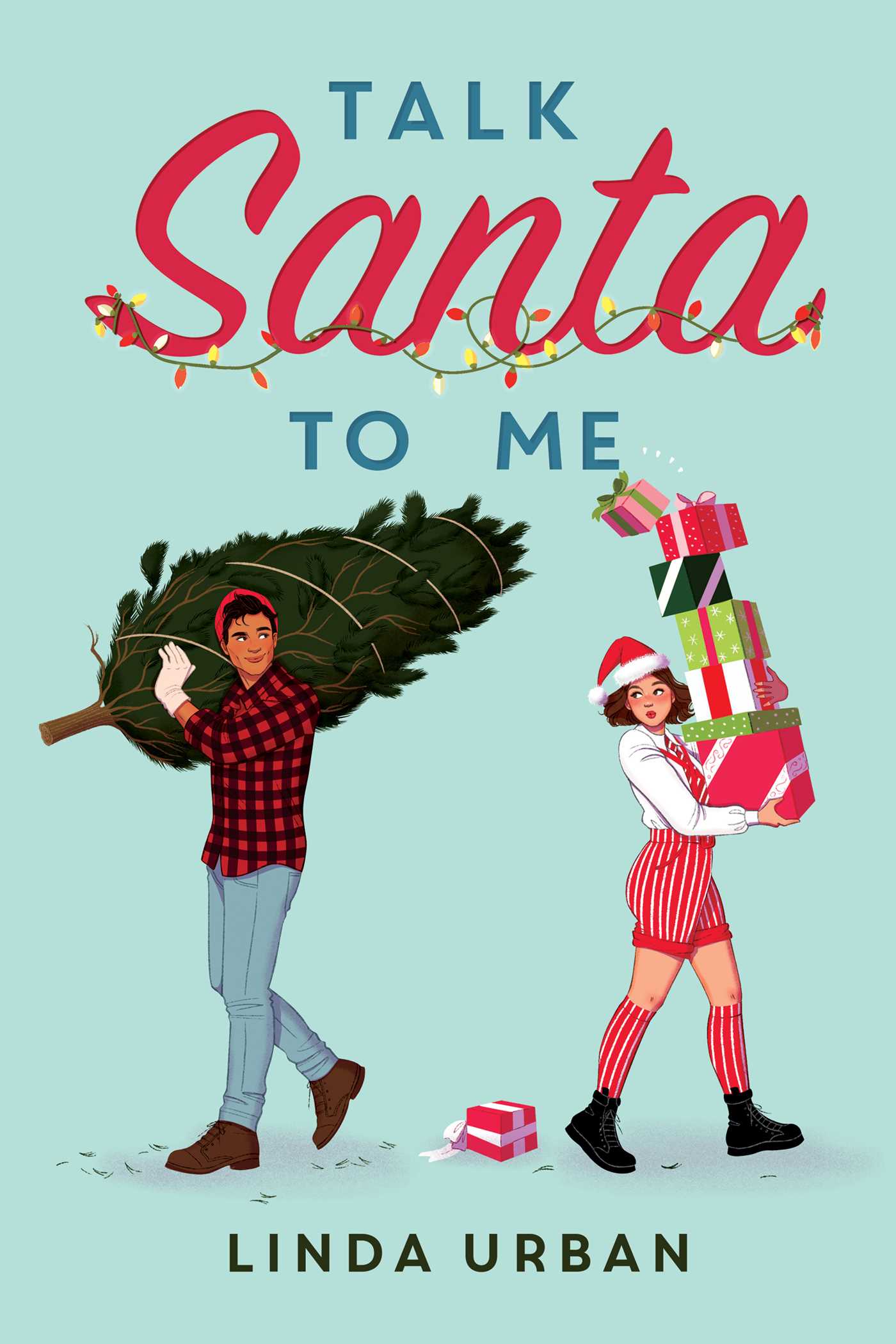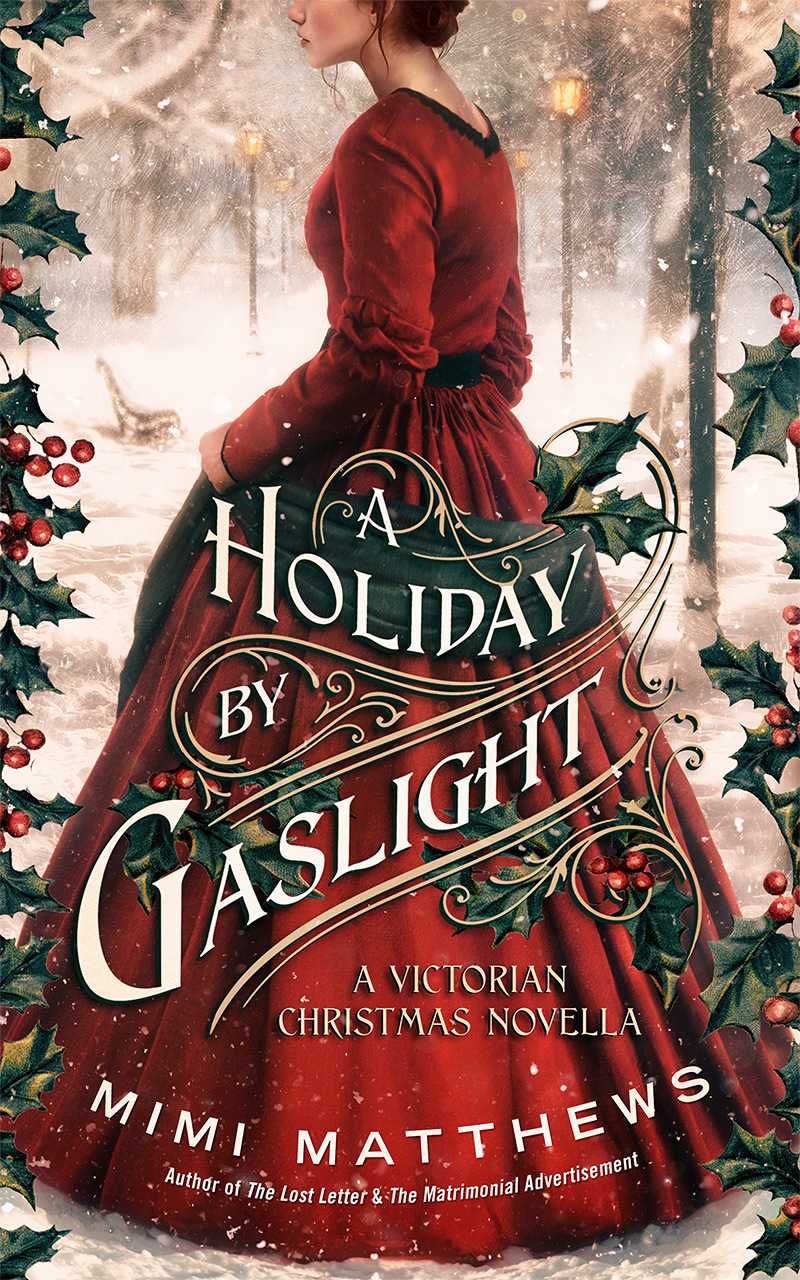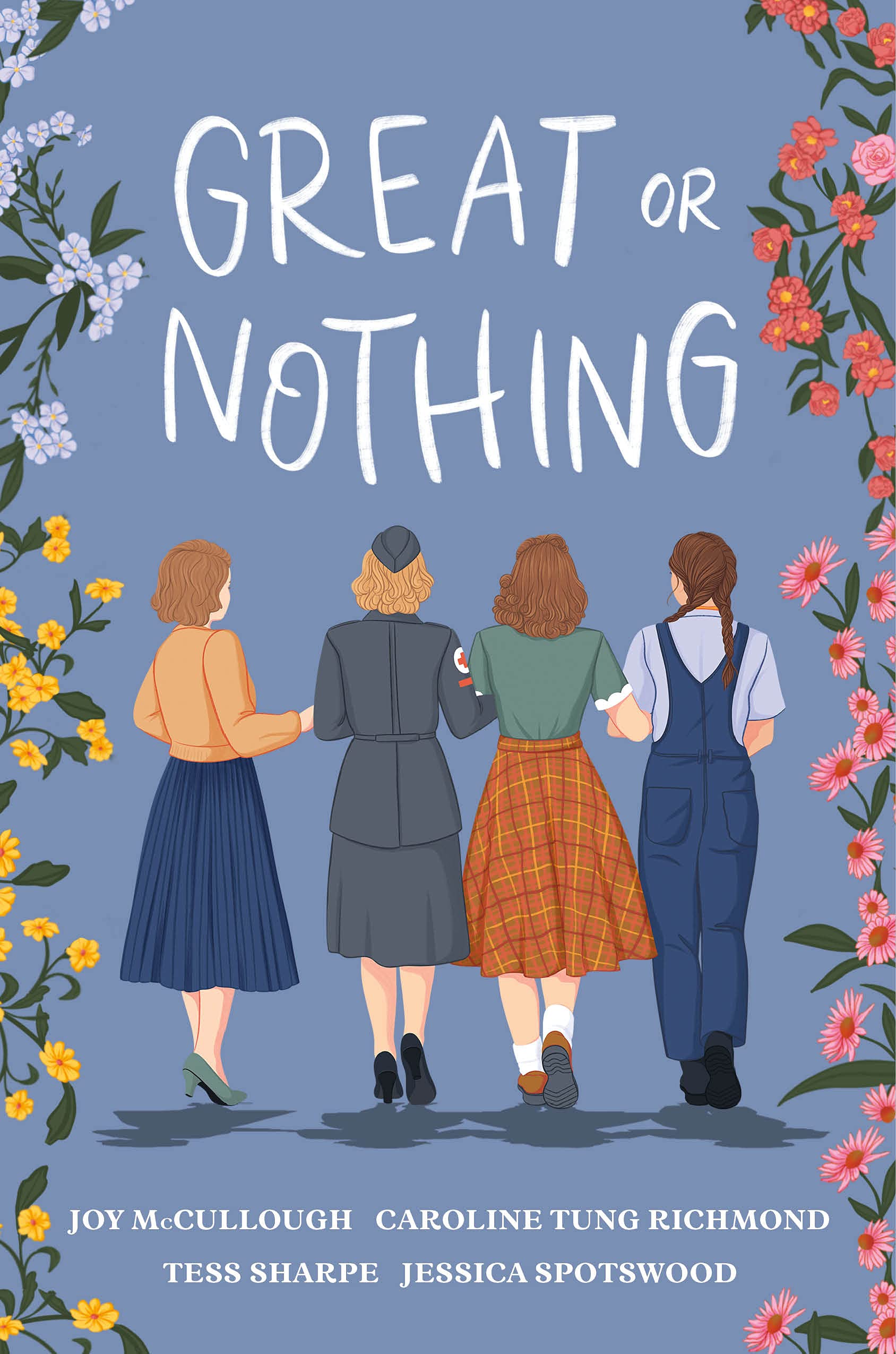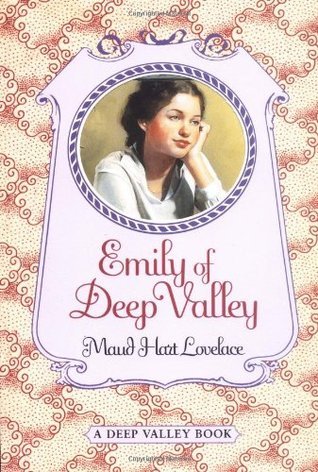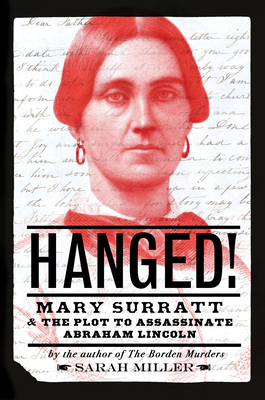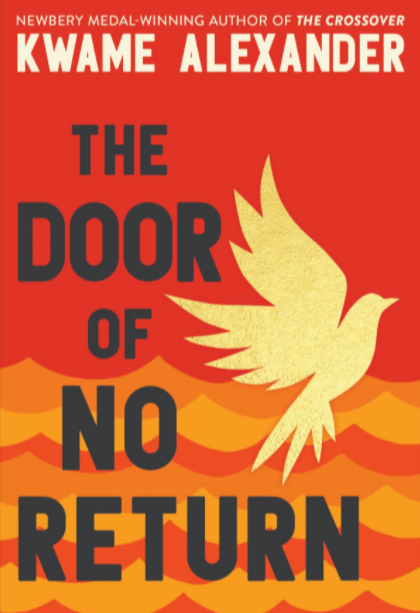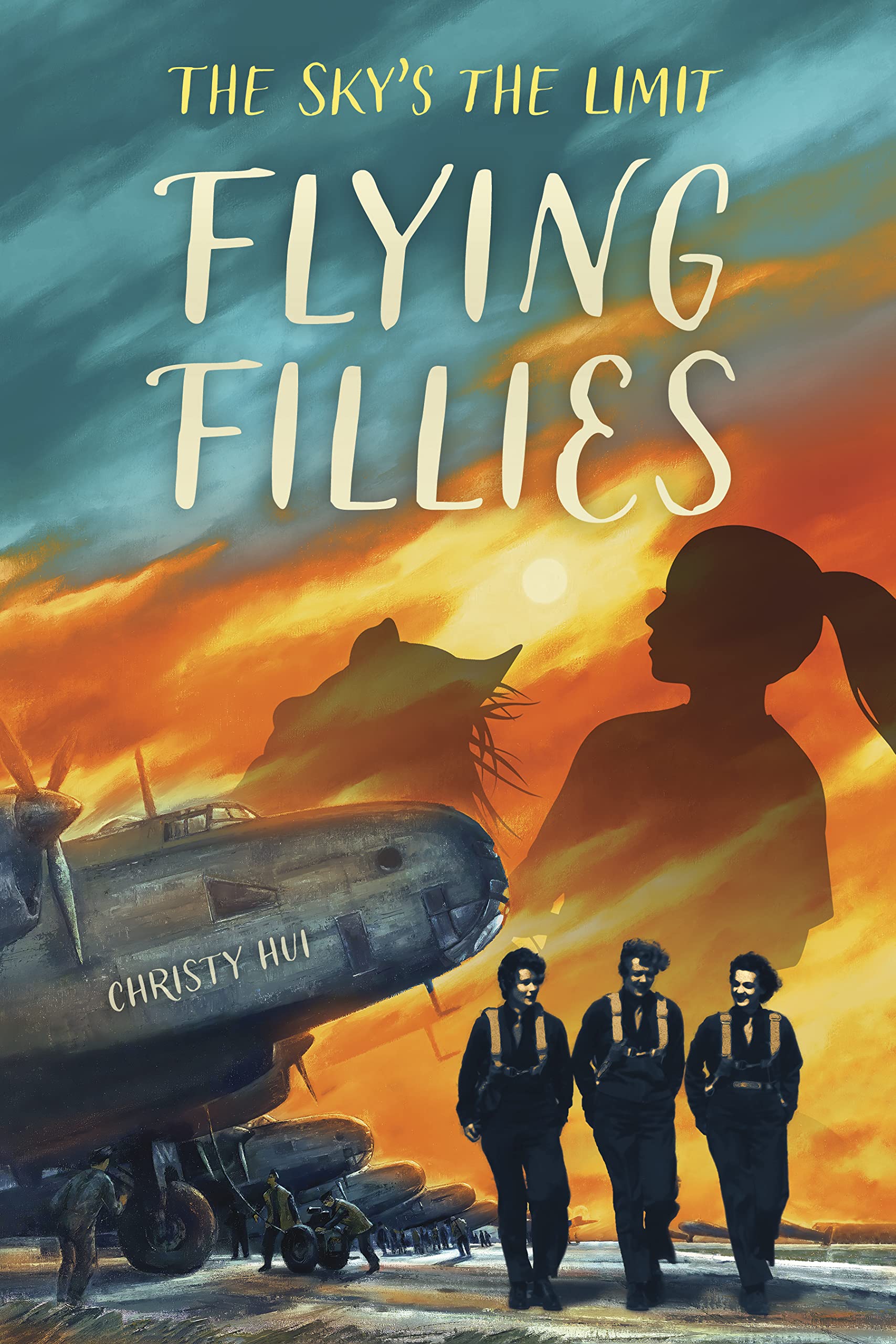In November, I read fifty-four books.
Books reviewed at Becky's Book Reviews
140. Station Eternity. Mur Lafferty. 2022. [October] 457 pages. [Source: Library]
142. Marmee. Sarah Miller. 2022. [October] 432 pages. [Source: Library]
143. Flying Fillies: The Sky's The Limit. Christy Hui. 2022. [July] 202 pages. [Source: Library]
144. The Girl in the Castle. James Patterson and Emily Raymond. 2022. [September] 368 pages. [Source: Library]
145. The Hidden Oracle (The Trials of Apollo #1) Rick Riordan. 2016. 384 pages. [Source: Library]
147. The Strange Case of Dr. Jekyll and Mr. Hyde. Robert Louis Stevenson. 1886. 54 pages. [Source: Bought]
149. Five Decembers. James Kestrel. 2022. 432 pages. [Source: Library]
150. The Twelve Topsy-Turvy, Very Messy Days of Christmas. James Patterson and Tad Safran. 2022. 288 pages. [Source: Library]
151. Murder at Mallowan Hall. Colleen Cambridge. 2021. 272 pages. [Source: Library]
152. The Picture Bride. Lee Geum-yi. Translated by An Seonjae. 2020/2022. 320 pages. [Source: Library]
154. Mrs. Harris Goes to Paris & Mrs. Harris Goes to New York. 1958/1959. Omnibus edition 2022. 320 pages. [Source: Library]
156. The Dark Prophecy (The Trials of Apollo #2) Rick Riordan. 2017. 414 pages. [Source: Library]
157. Switchboard Soldiers. Jennifer Chiaverini. 2022. 464 pages. [Source: Library]
158. Great or Nothing. Joy McCullough, Caroline Tung Richmond, Tess Sharpe, and Jessica Spotswood. 2022. 400 pages. [Source: Review copy]
160. A Holiday by Gaslight by Mimi Matthews. 2018. 175 pages. [Source: Bought]
161. Cinderella's Dress. Shonna Slayton. 2014. 320 pages. [Source: Library]
162. The Christmas Clash. Suzanne Park. 2022. 368 pages. [Source: Library]
Books reviewed at Young Readers
177. The Not So Stinky Skunk (Lily to the Rescue #3) W. Bruce Cameron. 2020. 144 pages. [Source: Library]
178. Thanks for Nothing. Ryan T. Higgins. 2021. 32 pages. [Source: Library]
179. Farmhouse. Sophie Blackall. 2022. [September] 48 pages. [Source: Library]
180. Our Friend Hedgehog: The Story of Us. Lauren Castillo. 2020. 128 pages. [Source: Library]
181. Our Friend Hedgehog: A Place to Call Home. Lauren Castillo. 2022. [October 18] 80 pages. [Source: Library]
182. Hairy, Hairy Poodle. Marilyn Singer. Illustrated by Abigail Tompkins. 2022. [May] 32 pages. [Source: Library]
183. Click, Clack Rainy Day. Doreen Cronin. Illustrated by Betsy Lewin. 2022. [May] 32 pages. [Source: Library]
184. Esme's Birthday Conga Line. Lourdes Heuer. Illustrated by Marissa Valdez. 2022. [May] 76 pages. [Source: Library]![]() 185. Away with Words! Wise and Witty Poems for Language Lovers. Mary Ann Hoberman. 2022. 64 pages. [Source: Library]
185. Away with Words! Wise and Witty Poems for Language Lovers. Mary Ann Hoberman. 2022. 64 pages. [Source: Library]![]() 186. Under the Christmas Tree. Nikki Grimes. Illustrated by Kadir Nelson. 2002. 32 pages. [Source: Library]
186. Under the Christmas Tree. Nikki Grimes. Illustrated by Kadir Nelson. 2002. 32 pages. [Source: Library] ![]() 187. The First Notes: The Story of Do, Re, Mi. Julie Andrews and Emma Walton
Hamilton. Illustrated by Chiara Fedele. 2022. [November] 48 pages.
[Source: Library]
187. The First Notes: The Story of Do, Re, Mi. Julie Andrews and Emma Walton
Hamilton. Illustrated by Chiara Fedele. 2022. [November] 48 pages.
[Source: Library]
188. The Good Guys Agency #1: Kind Like Fred. 2022. [July] 96 pages. [Source: Library]![]() 189. Walter Had a Best Friend. Deborah Underwood. Illustrated by Sergia Ruzzier. 2022. [October 18] 40 pages. [Source: Library]
189. Walter Had a Best Friend. Deborah Underwood. Illustrated by Sergia Ruzzier. 2022. [October 18] 40 pages. [Source: Library]
190. The Last Last-Day-Of-Summer. (Legendary Alston Boys #1) Lamar Giles. 2019. 304 pages. [Source: Library]
191. Autumnblings. Douglas Florian. 2003. 48 pages. [Source: Library]
192. Thanks a Million. Nikki Grimes. Illustrated by Cozbi A. Cabrera. 2006. 32 pages. [Source: Library]
193. Bravo, Bucket Head! Helen Lester. Illustrated by Lynn Munsinger. 2022. [September] 32 pages. [Source: Library]
194. Pete the Cat Plays Hide and Seek. James and Kimberly Dean. 2022. [September] 40 pages. [Source: Library]
195. Creepy Carrots! Aaron Reynolds. Illustrated by Peter Brown. 2012. 32 pages. [Source: Library]![]() 196. Too Many Pigs and One Big Bad Wolf: A Counting Story. Davide Calì. Illustrated by Marianna Balducci. 2022. [September] 36 pages. [Source: Library]
196. Too Many Pigs and One Big Bad Wolf: A Counting Story. Davide Calì. Illustrated by Marianna Balducci. 2022. [September] 36 pages. [Source: Library]
197. The Wondrous Wonders by Camille Jourdy. 2019/2022. 160 pages. [Source: Library]
198. Loud Mouse: How A Little Mouse Found Her Big Voice. Cara Mentzel and
Idina Menzel. Illustrated by Jaclyn Sinquett. 2022. [September] 48
pages. [Source: Library]
199. Busy Betty. Reese Witherspoon. Illustrated by Xindi Yan. 2022. [October 4] 40 pages. [Source: Library]
200. Green is for Christmas. Drew Daywalt. Illustrated by Oliver Jeffers. 2022. [October 18] 32 pages. [Source: Library]
201. If You Believe In Me. Rosemary Wells. 2022. 28 pages. [Source: Library]
202. Waffles and Pancake #2: Flight or Fright. Drew Brockington. 2022. 64 pages. [Source: Library]
Books reviewed at Operation Actually Read Bible
40. A Short Guide to Reading the Bible Better. George H. Guthrie. 2022. [November] 176 pages. [Source: Review copy]
41. A Model of Devotion (The Lumber Baron's Daughters #3) Mary Connealy. 2022. 299 pages. [Source: Review copy]
Bibles reviewed at Operation Actually Read Bible
November Totals
2022 Totals
© 2022 Becky Laney of Becky's Book Reviews


